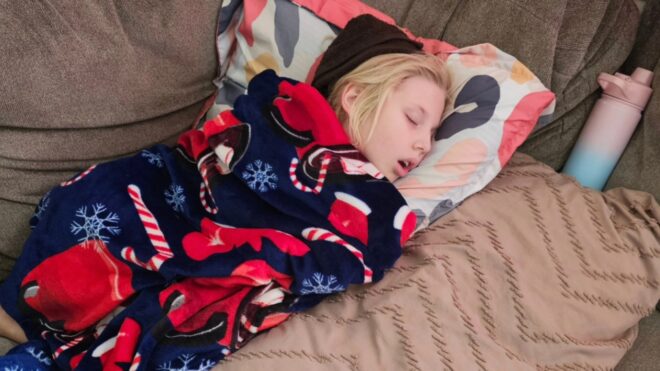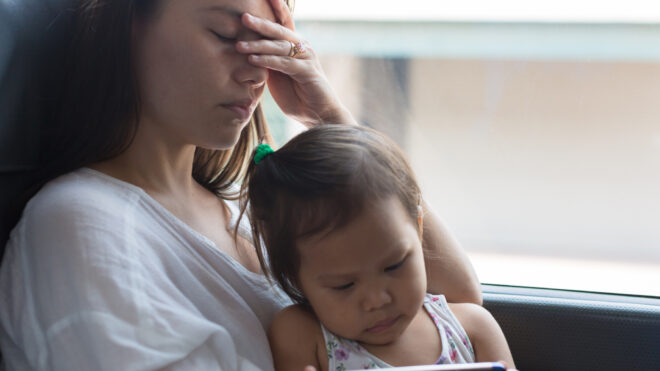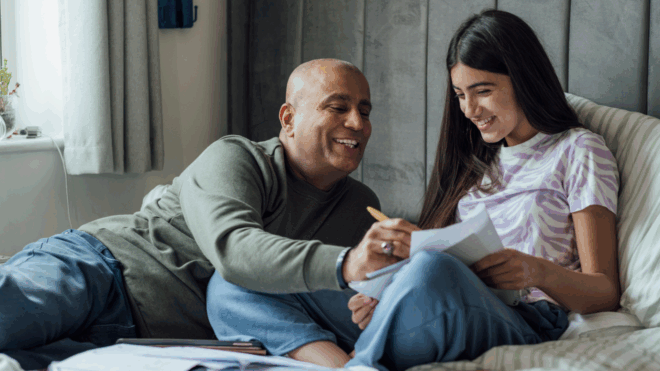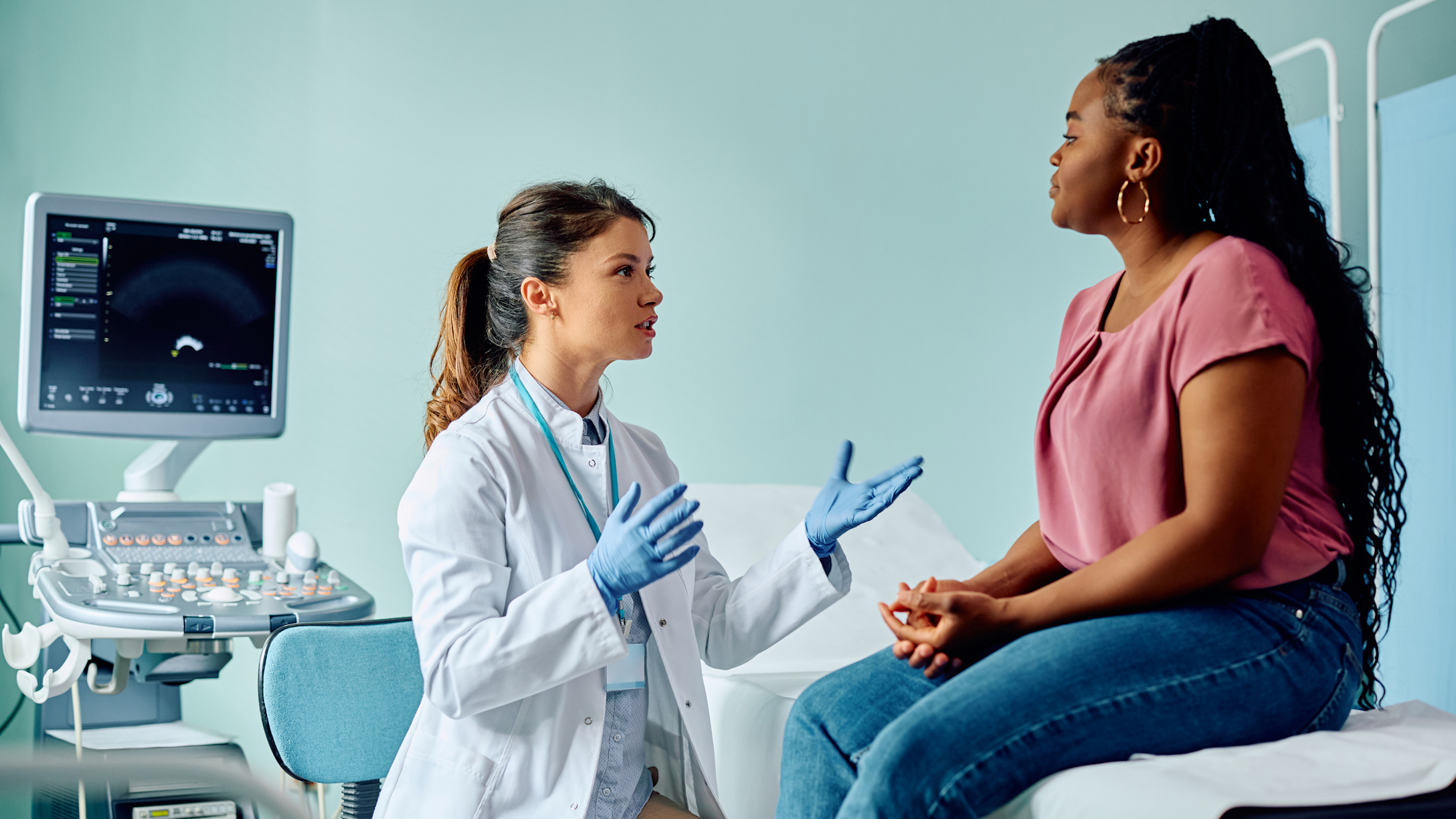
For those hoping to take control of their reproductive futures, egg freezing has become an increasingly popular option. But while it can be sold as the perfect backup plan for those who are in the middle of their careers and haven't found the right partner yet, it is worth learning more about the process before getting started.
Freezing your eggs is a fertility option, but it's not a fertility guarantee. According to Extend Fertility, there's no way to tell how viable the eggs that are being retrieved are, and all of them may not survive the thawing and fertilization process later on.
For anyone considering freezing their eggs as an option, here are 16 things to know and think about before taking such a major step. Knowledge is power, and we just want everyone to know what to expect heading in.
More from CafeMom: 16 Ways To Support Couples Experiencing Infertility
Check your fertility first.
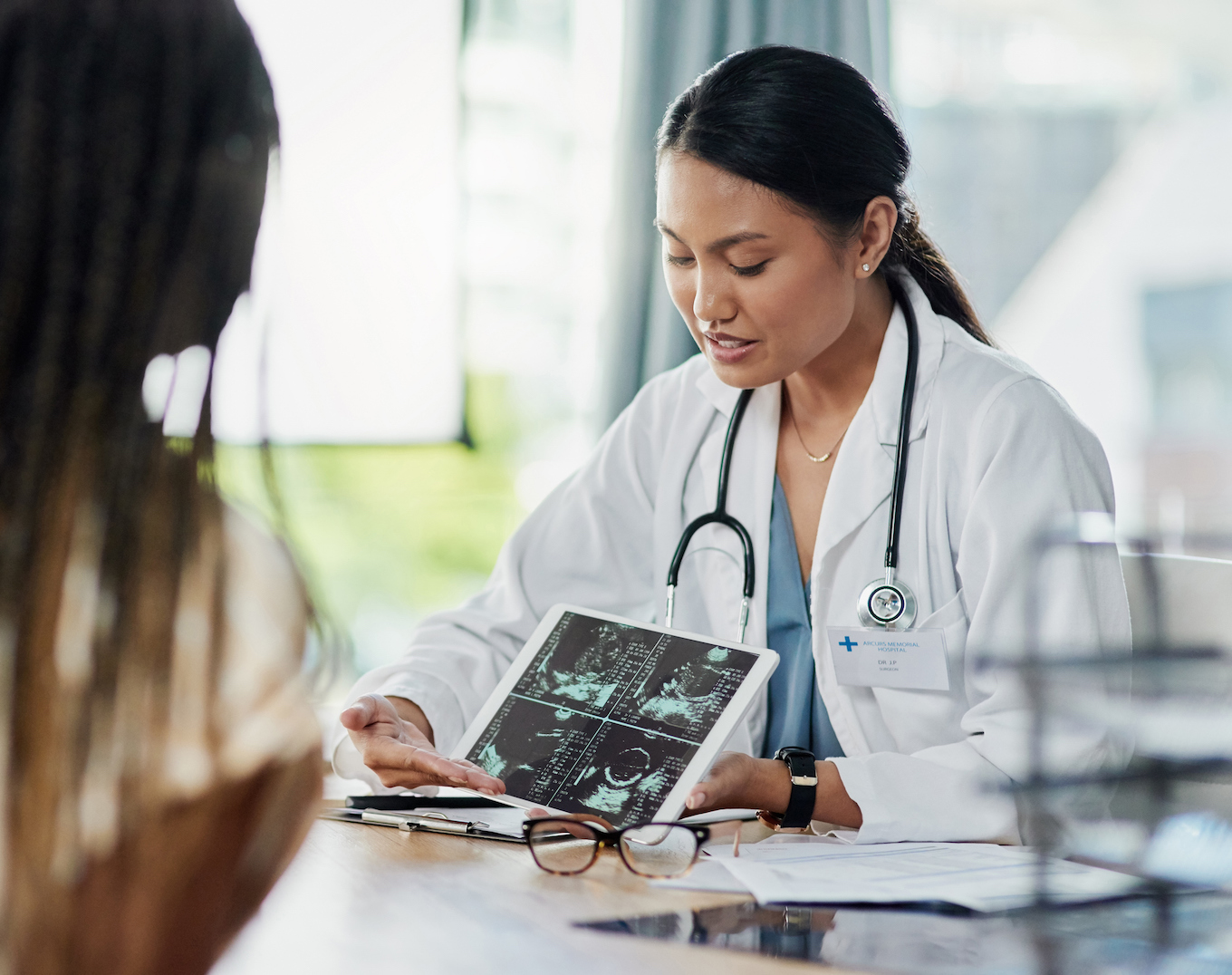
Before considering something like egg freezing, doctors will likely have a patient start with an ovarian reserve test. According to the Cleveland Clinic, the blood test helps determine fertility potential based on a preliminary egg count.
The test can't tell how many of the eggs are healthy, but it provides a baseline number. For instance, if a younger person already has a low egg count, doctors may advise fertility options sooner than they would for someone whose egg count is on par with their age.
Anyone interested in seeing their ovarian reserve should reach out to their doctor to determine if the test is right for them.
The best age to freeze your eggs can vary.
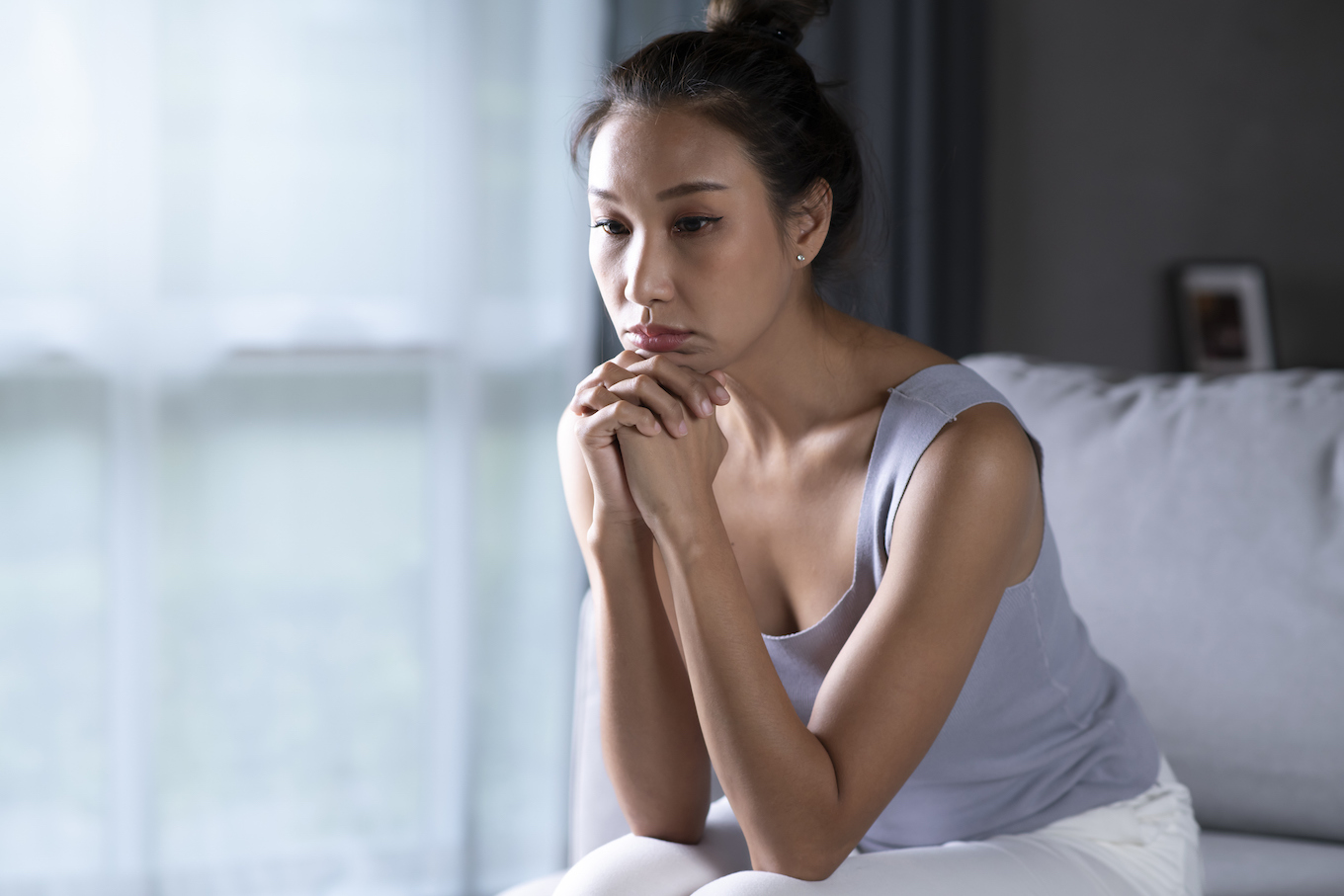
Because every person is different, there is no hard and fast rule for what age to freeze eggs at. However, the traditional age range may be later than most would think. Although the BBC reported that younger women have been exploring the option at higher numbers lately, it's fine to freeze in the early 30s up until about 34, reported Slate.
"Whether you freeze your eggs at 25 or 32, it doesn't really matter because you'll probably get the same number and the same quality," fertility specialist Dr. Alex Polyakov told Slate.
Desired family size could affect when freezing should start.

For people who want several children, starting the egg freezing process earlier could be beneficial, according to Yale Medicine.
"If you don't have … risk factors that affect your fertility, you are going to be fine until your early 30s. You don't need to worry about freezing your eggs if you want to have one or two kids," Yale Medicine's Dr. Pasquale Patrizio said. "However, if you are 25 and you want to have five children and you can't start your family for another 10 years because you are so busy, then that is a different conversation."
The cost can be prohibitive.

One major reason not to freeze your eggs younger in life is because the cost can be quite high — especially for those just starting their careers. According to the Pacific Fertility Center in Los Angeles, a single egg retrieval and freezing cycle can cost around $11,000. And some women may need multiple cycles to gather enough eggs. That cost also doesn't include the fertility medications, which can range from $3,000 to $6,000.
Then there's the cost to store the eggs indefinitely. According to Extend Fertility, it can be around $1,000 a year for storage.
Insurance probably won't cover the cost.
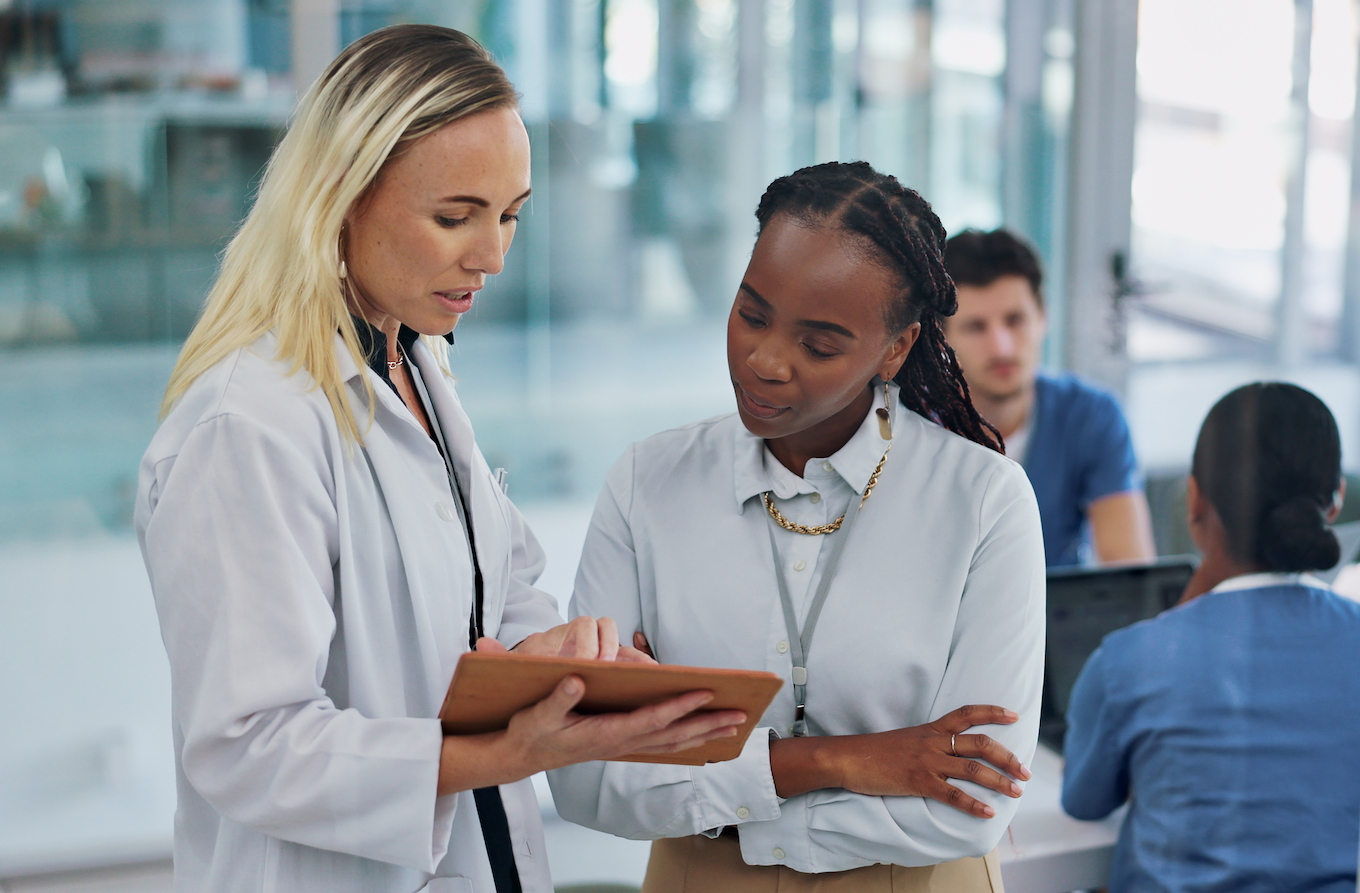
Unless someone has infertility issues or another medical problem, it's unlikely that insurance will help cover the cost of the egg freezing process, according to NYU Langone Health. It's always worth checking with the individual provider, but it's important to know that the patient may have to cover the expenses out of pocket.
More from CafeMom: Kesha Says She Almost Died During 'Horrifying' Fertility Procedure After Freezing Her Eggs
It's better to freeze embryos.
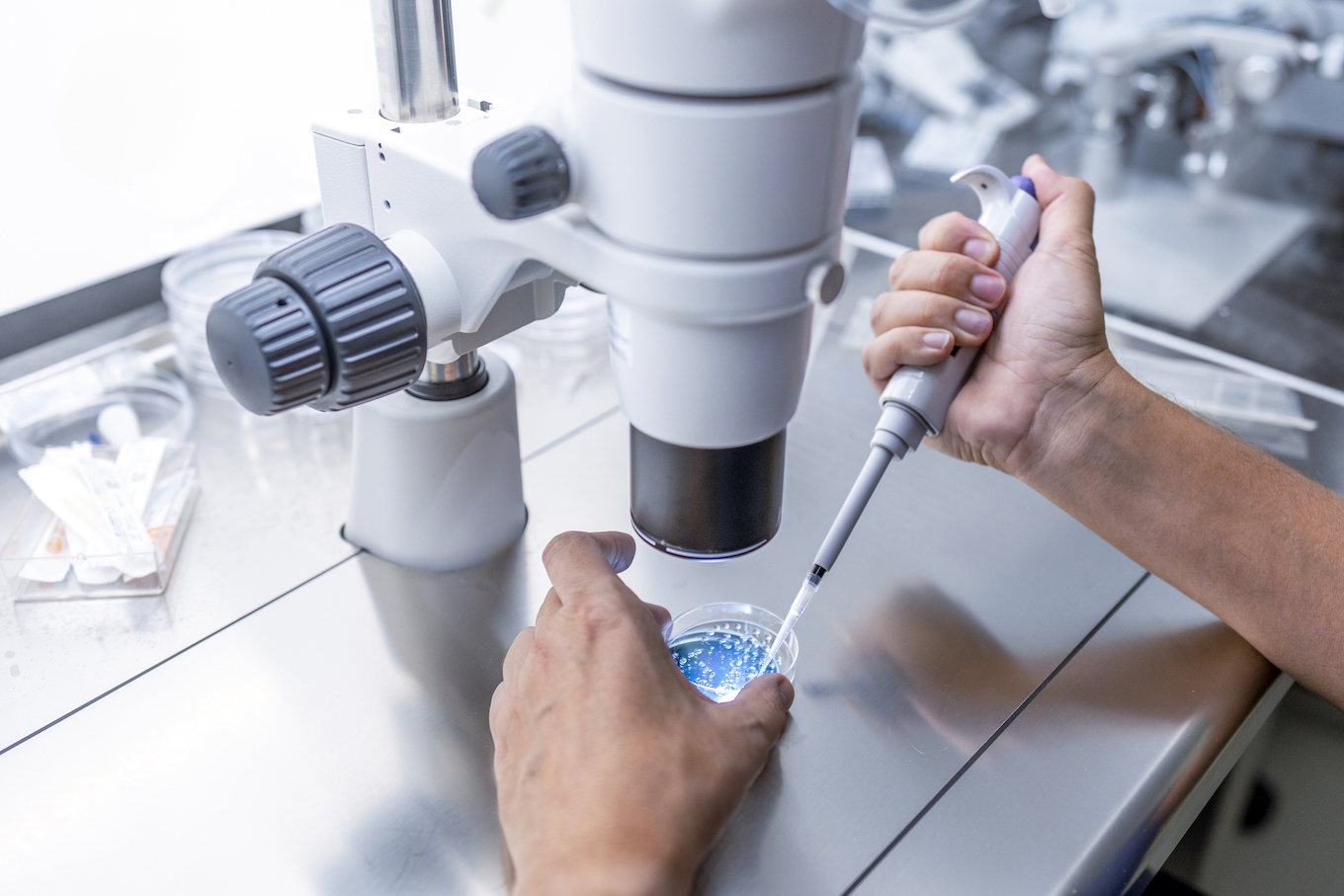
For those who have the option, it may be better to fertilize the eggs before they're frozen. According to the Mayo Clinic, embryos have a 90% chance of surviving freezing and eventual thawing. Unfertilized eggs can also survive, but the chances tend to be lower.
Since a lot of single women choose to freeze their eggs until they meet the right partner, they should know that the eggs alone may not all survive. That's what happened to podcast host Lauryn Bosstick. She said on the Him & Her Show that she froze her eggs at 36, but when she defrosted them at 41, none of them survived.
Patients will need to stay close to the doctor's office.
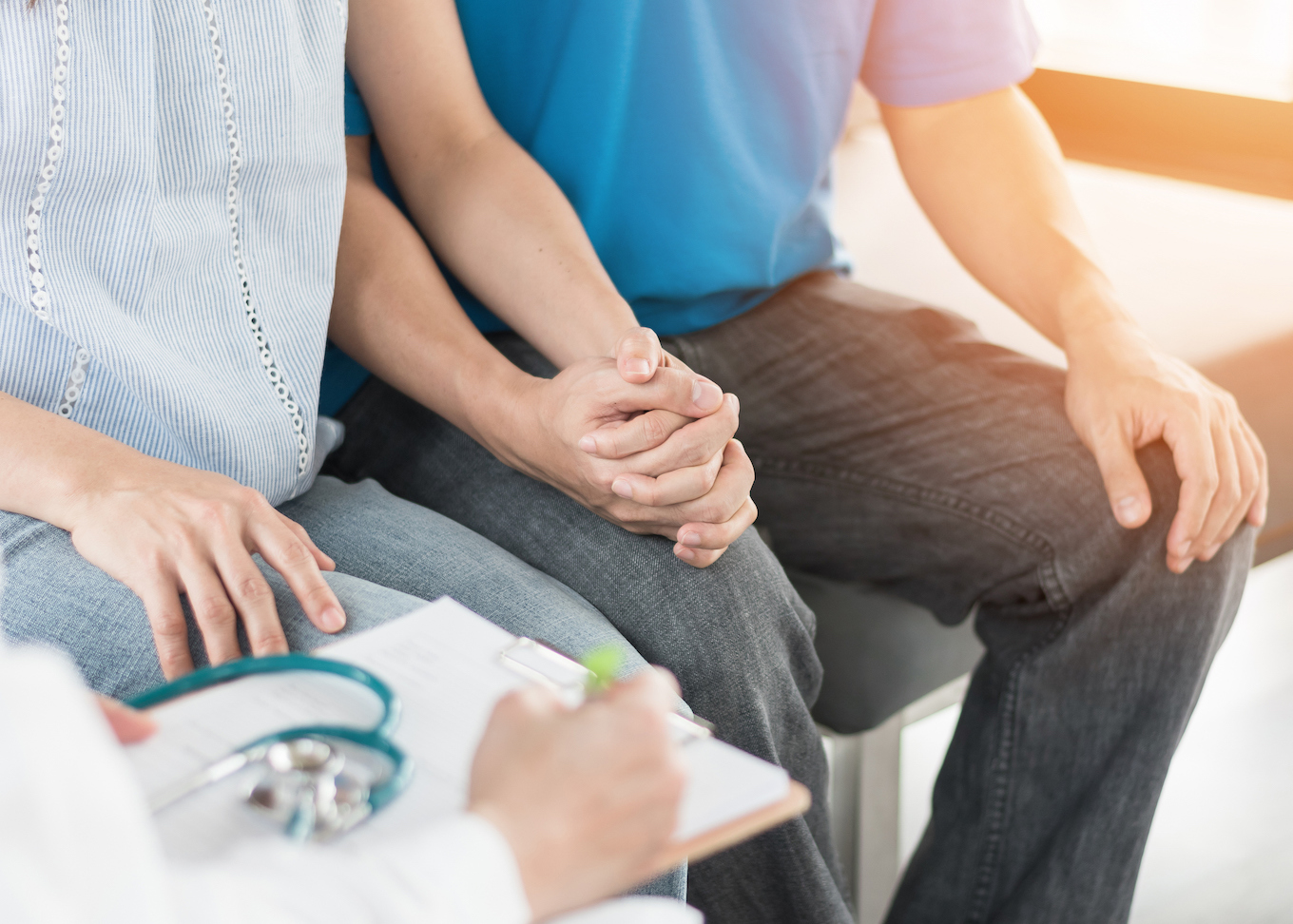
When it comes to the actual freezing process, the two weeks before retrieval can be intense. "You have to do this uninterrupted; you cannot go anywhere," influencer and author Danielle Prescod told Coveteur. She had to do daily doctor's visits and ultrasounds that required her to rearrange her entire work schedule for those days.
Two weeks is not a long time, but it can be pretty all-consuming for the short period.
Patients administer their own daily shots.
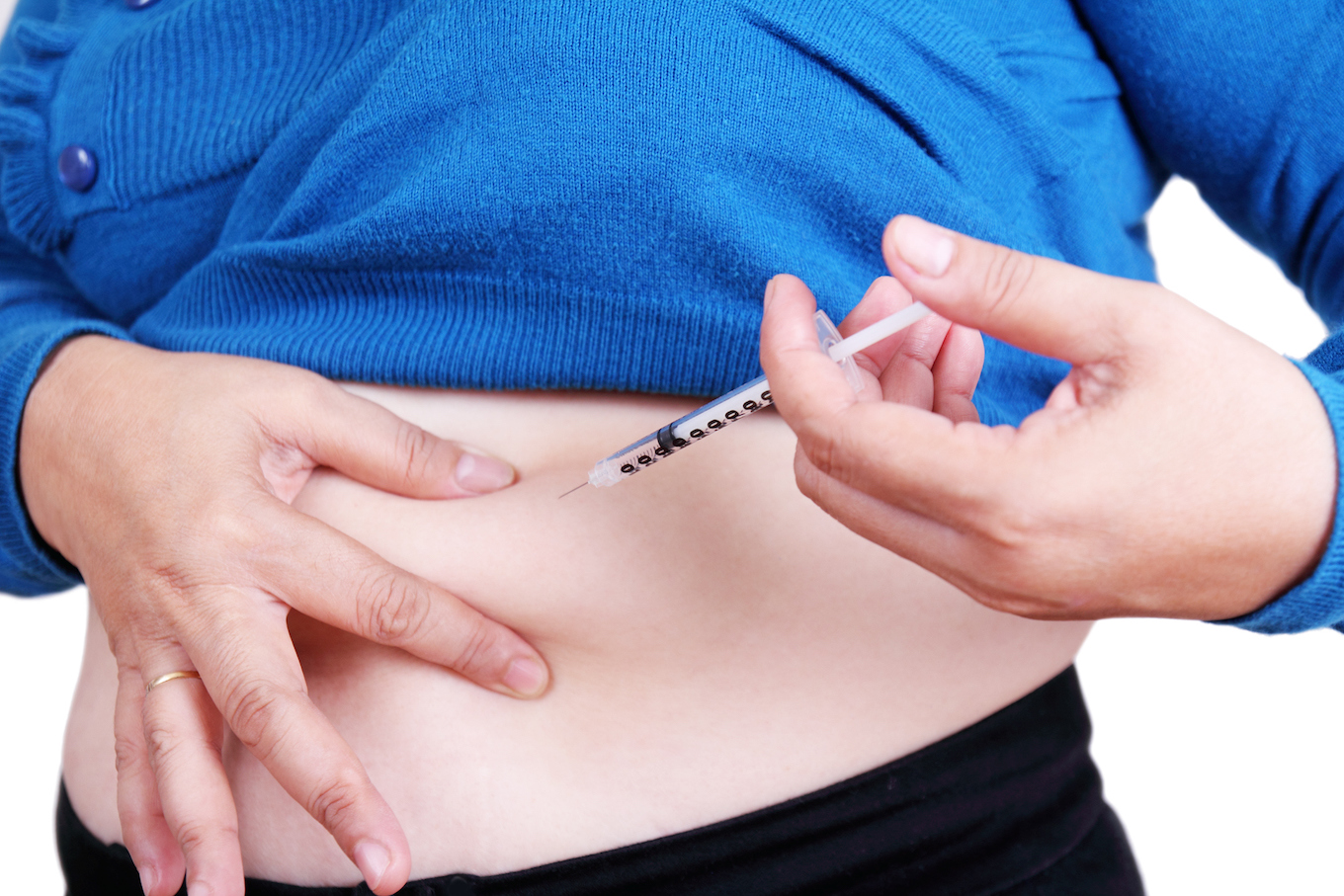
According to the New York Times, to prep for the egg retrieval, patients will have to self-inject daily hormone shots (sometimes twice a day) for the week or two weeks prior. The shots help the follicles grow. For those who get queasy around needles, having a partner, friend, or family member administer the shots may help.
Midway through her egg freezing process, TikToker @Katiewongspelledwang gave some advice to others and suggested icing the area prior to injecting the shot, because that helped her feel little to no pain.
Things to avoid during the collection process.
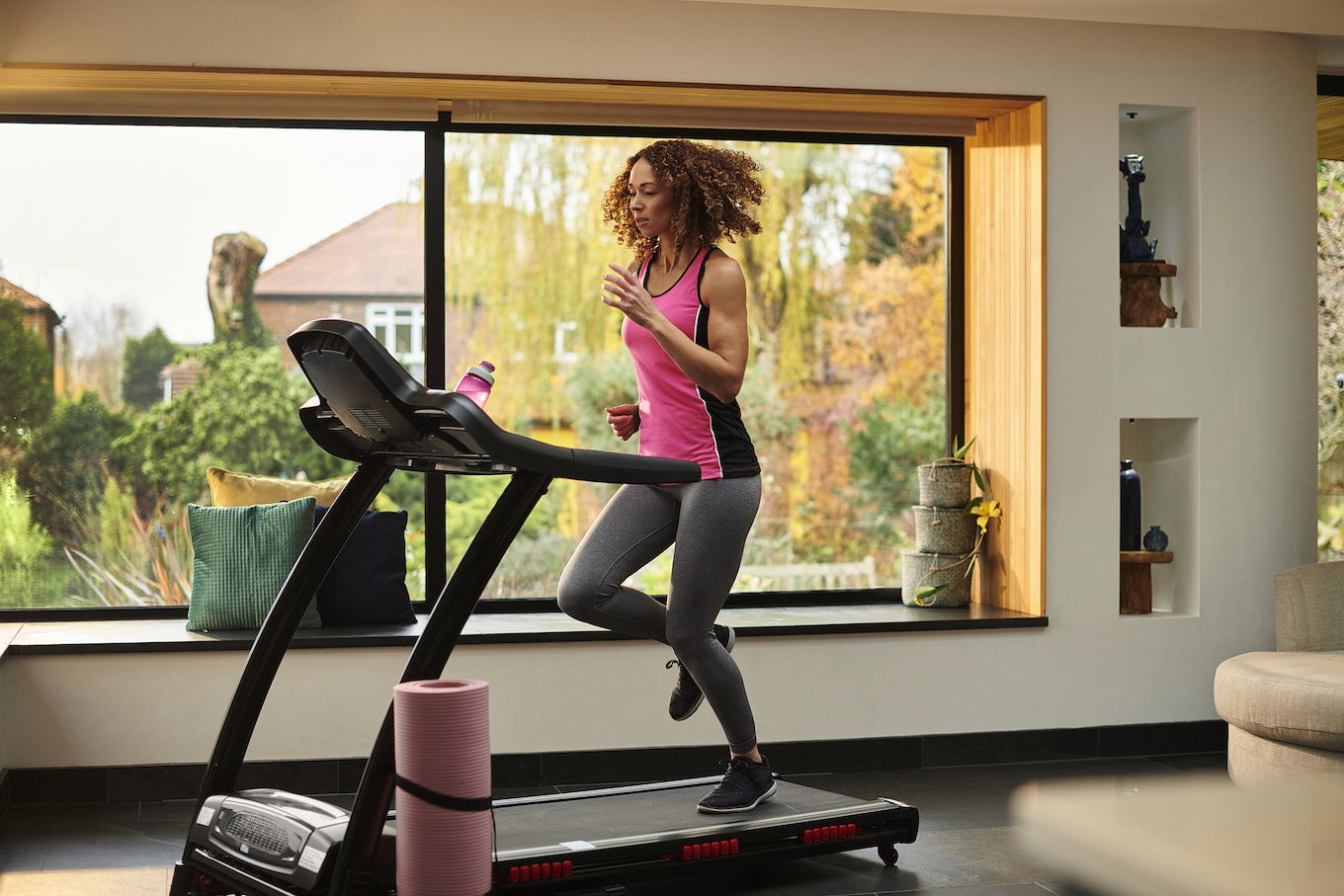
There are some things to avoid while waiting for the egg retrieval. TikTok fertility doctor @anukathiresanmd said exercise (including sex) is a no-no because it can cause ovarian torsion. According to Yale Medicine, ovarian torsion happens when the ovary or fallopian tube twists on top of the surrounding tissues, which can cause long-term fertility damage.
Vice reported that "less than .025% of women who freeze" have this issue, but it's worth avoiding strenuous activity during the egg freezing cycle just to be safe. Torsion can also happen directly post-retrieval, so check with the doctor to get cleared before engaging in regular exercise again.
More than one cycle may be necessary.
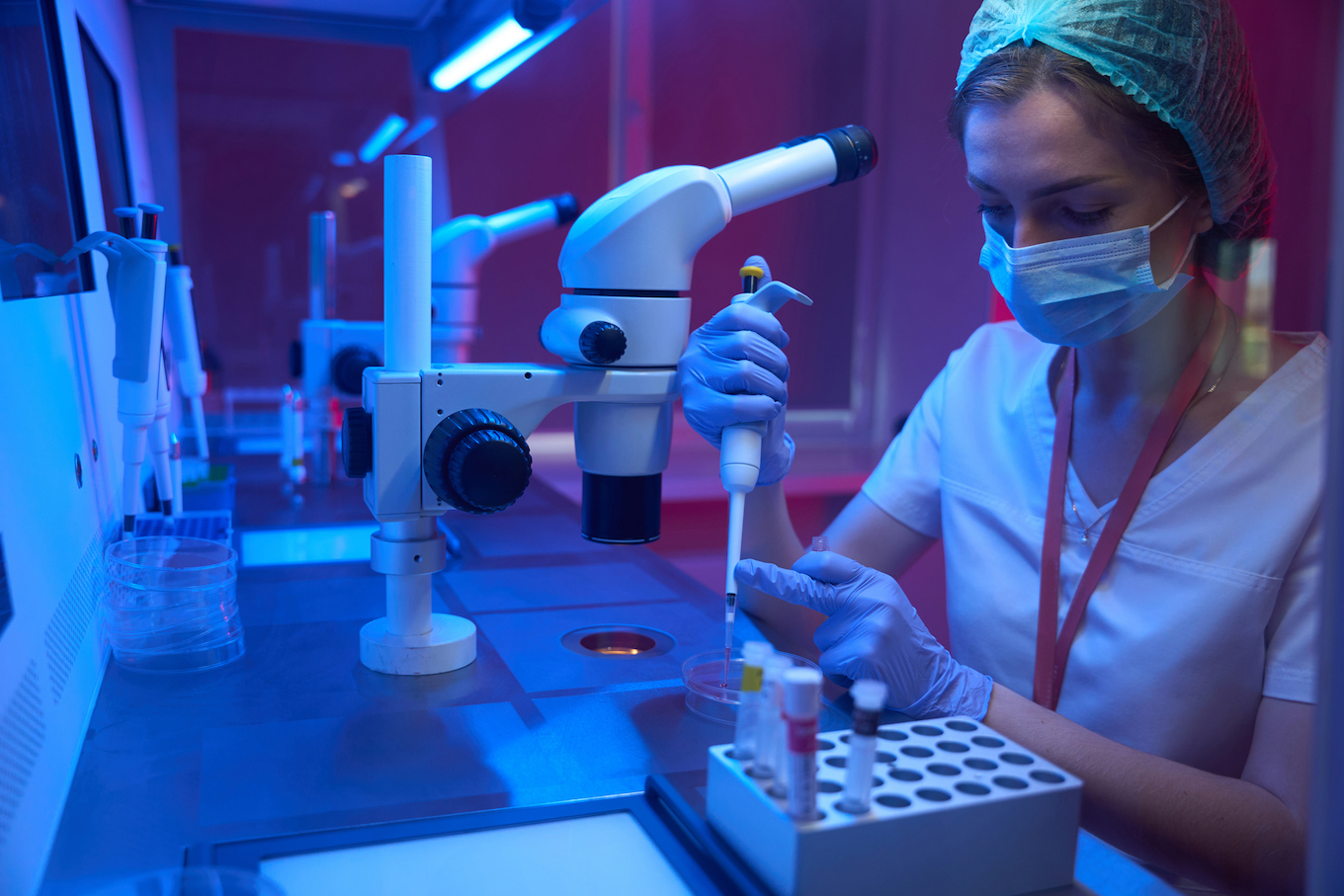
There's no telling exactly how many eggs can be retrieved before you start a freezing cycle, and women may want to do more than one to increase their supply. Reproductive medicine specialist Dr. Tomer Singer, told Allure magazine that people will want to aim for half their age in eggs for each baby that they want.
"So, if you're 30 years old, 15 eggs will get you safely to an over 80% chance for a baby," Dr. Singer said.
There are possible complications.
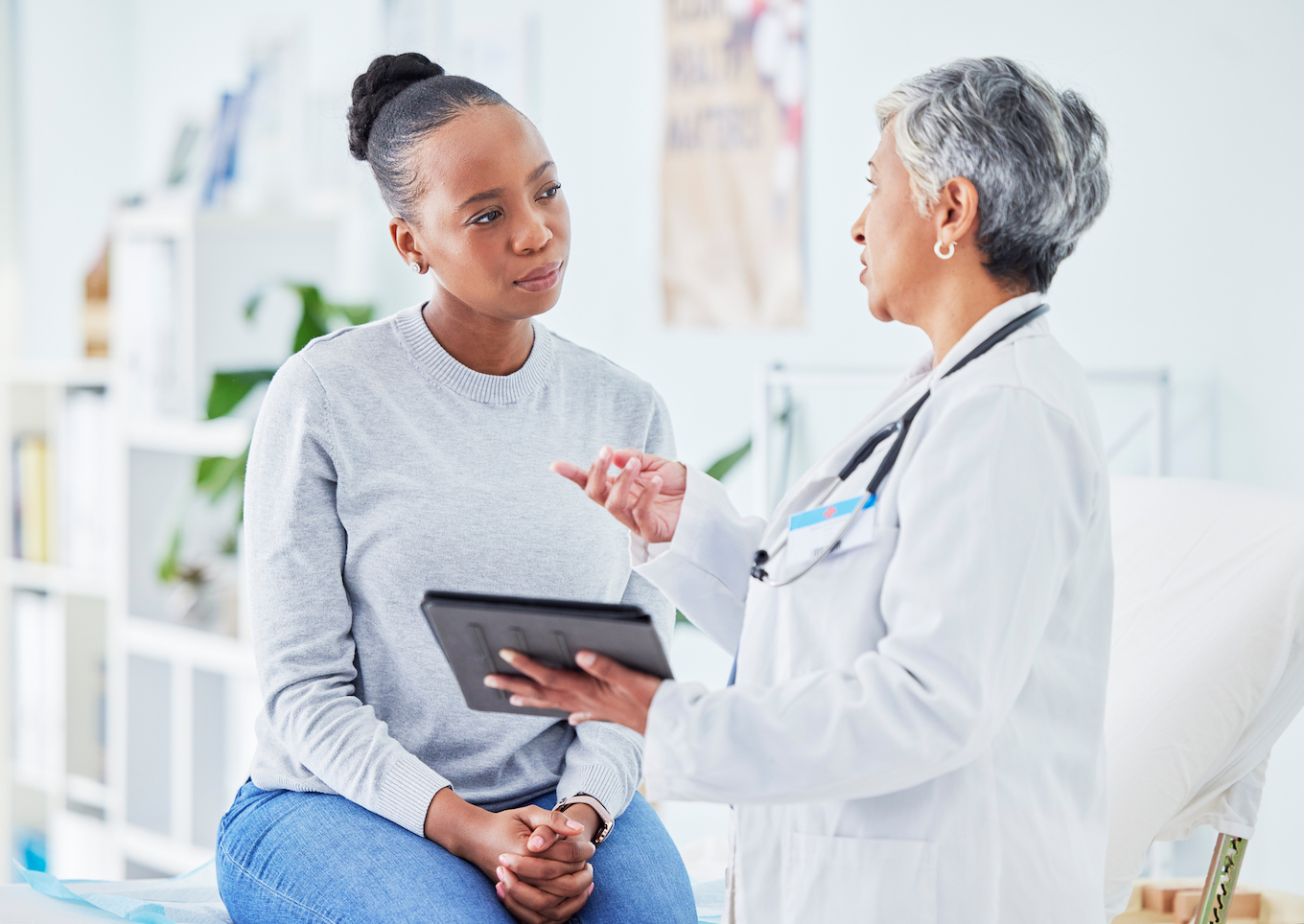
In addition to ovarian torsion, there are some other complications that people should know about. According to IVF Australia, common reactions to the hormone injections and retrieval can include bloating, headaches, trouble sleeping, mood swings, and minor cramping, all of which should go away once the procedure is done. One of the bigger health risks is ovarian hyperstimulation syndrome.
According to the Mayo Clinic, this happens when a person's body doesn't tolerate the fertility drugs well. This can cause the ovaries to swell too much, causing abdominal pain, excessive bloating, nausea, or diarrhea that may require hospitalization until the issue subsides. The Mayo Clinic notes that this syndrome is more likely to occur in younger women under 35 or those who have PCOS or lower body weights.
Then the IVF journey begins.
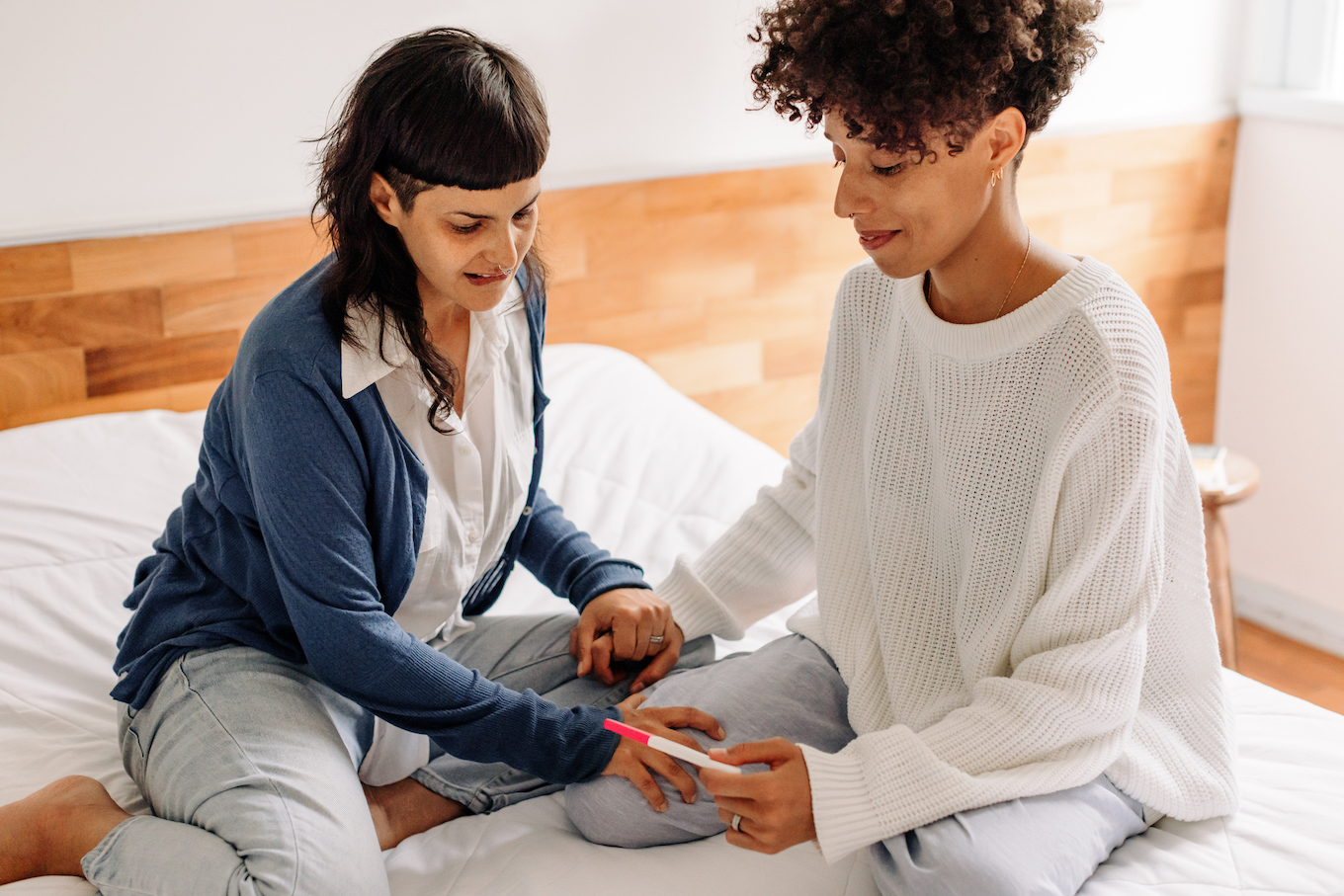
The egg freezing journey doesn't end after the retrieval. Eventually, for those who want to use the eggs, they have to be defrosted, fertilized, and the person has to go through the IVF implantation process. IVF comes with its own costs and potential issues if the embryo doesn't take the first time. According to Forbes, the embryo transfer can cost around $6,000 and there may be other costs associated with the process as well.
Forbes reported that insurance may cover the IVF if the patient has infertility issues.
The live birth success rate has been studied.
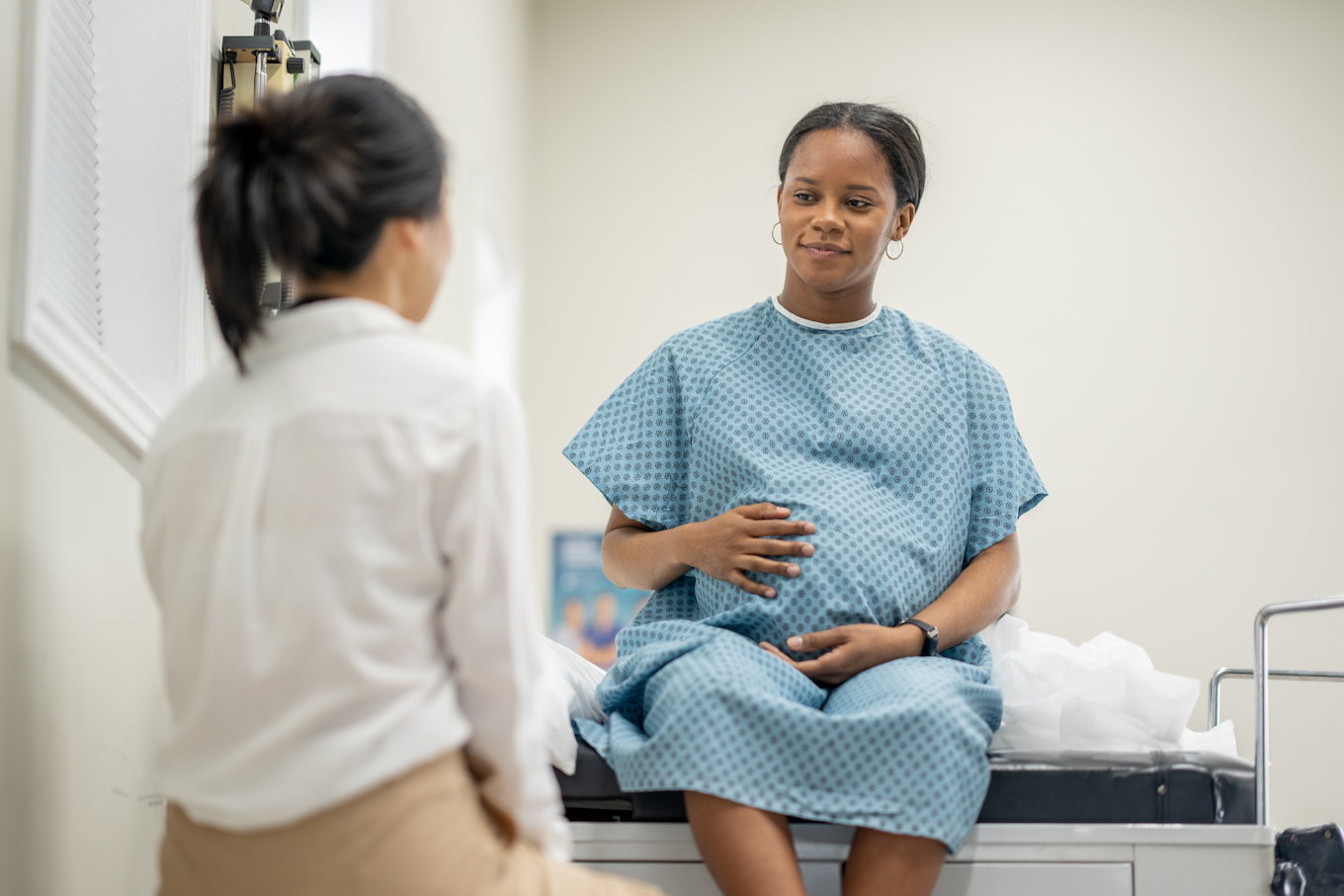
According to Fortune magazine, a New York University study looked at 543 patients and determined that successful birth rates from frozen eggs depended on how many eggs were frozen and how old the mother was when they were frozen.
Overall, 39% of the patients who froze their eggs had babies. But the percentage increased dramatically based on age and egg count. Women who froze 20 eggs had a 58% birth success rate. And women who froze their 20 eggs before age 38 had a 70% success rate. So, the more eggs, the better, when it comes to successfully thawing enough to fertilize and use for IVF.
A majority of women don't use their frozen eggs.
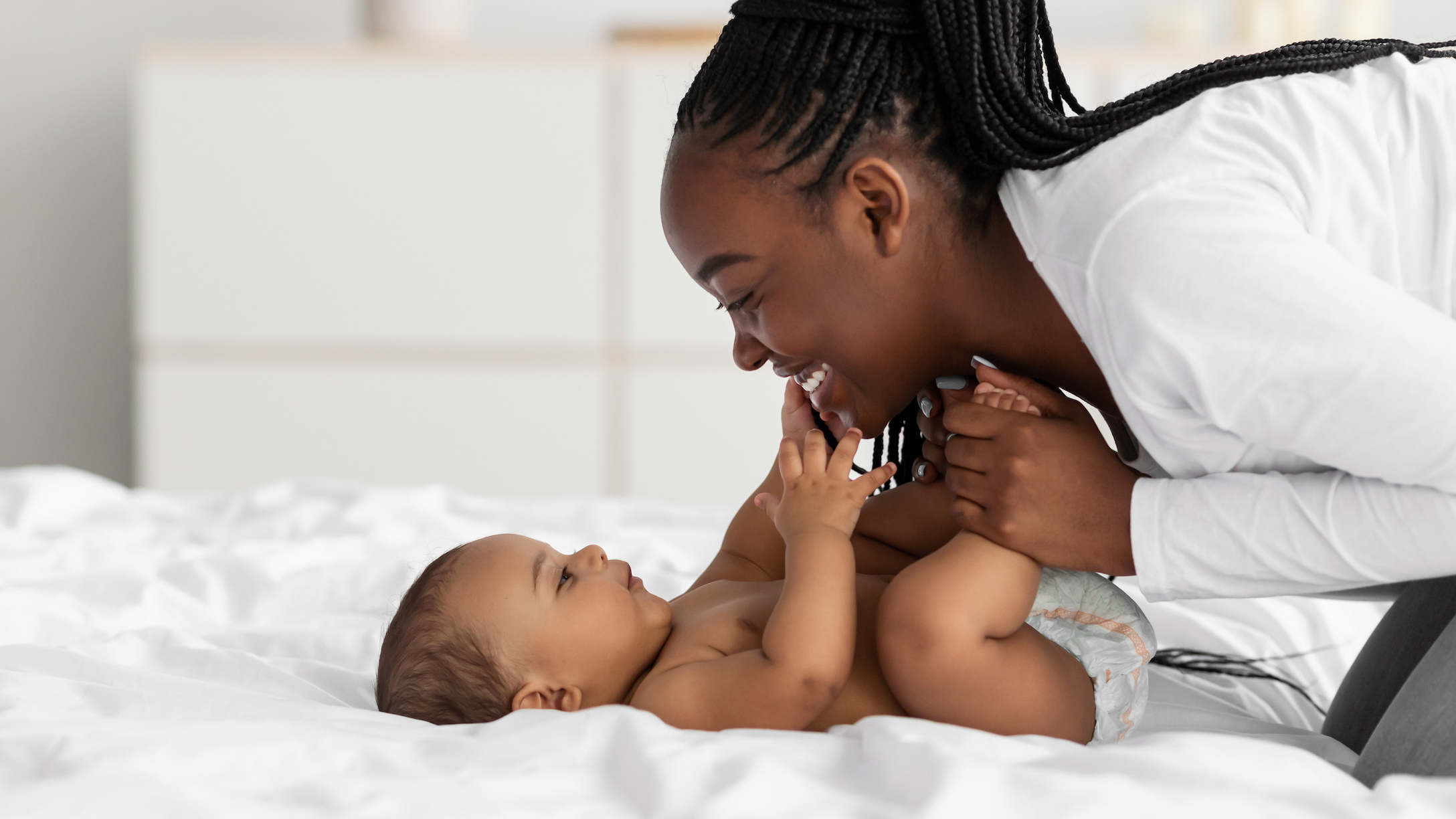
According to a study published in the Journal of Clinical Medicine, the rate of women who end up using their previously frozen eggs is actually quite low. Around 12% of women come back for their eggs. For those who didn't, it usually came down to women getting pregnant without fertility assistance or deciding not to have kids at all.
Especially for those who freeze their eggs in their 20s, it's likely their life may change a lot before they need their frozen eggs. And they might never need them at all.
Consider changing laws.
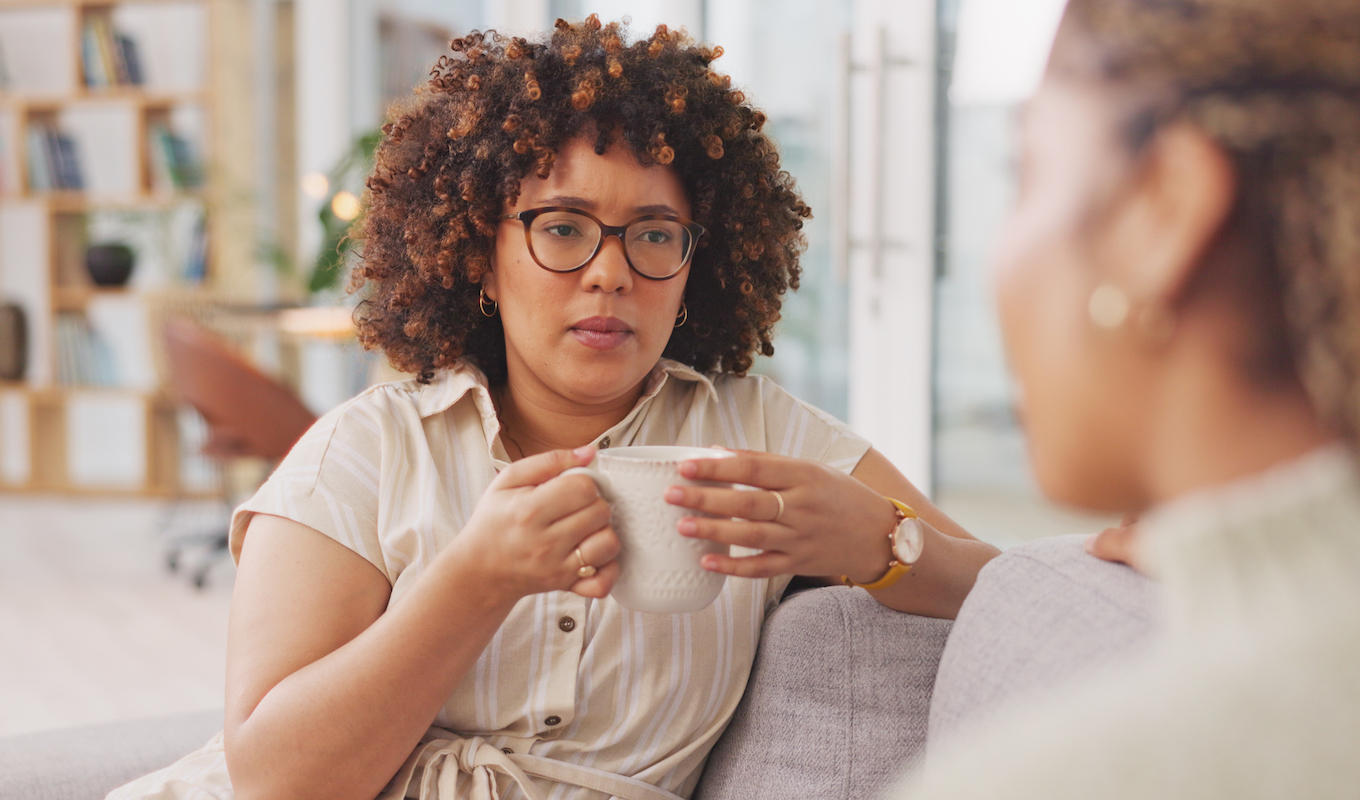
The overturning of Roe v. Wade in 2022 made fertility journeys a little more uncertain. In early 2024, Alabama ruled that frozen embryos were considered "children," and it caused many IVF providers to pause services out of concern they could be held legally culpable for any issues related to the embryos, according to Johns Hopkins.
For those freezing eggs or embryos and hoping to use IVF later on, potential state or federal law changes could impact that years down the road.
It is still a good option for many people.
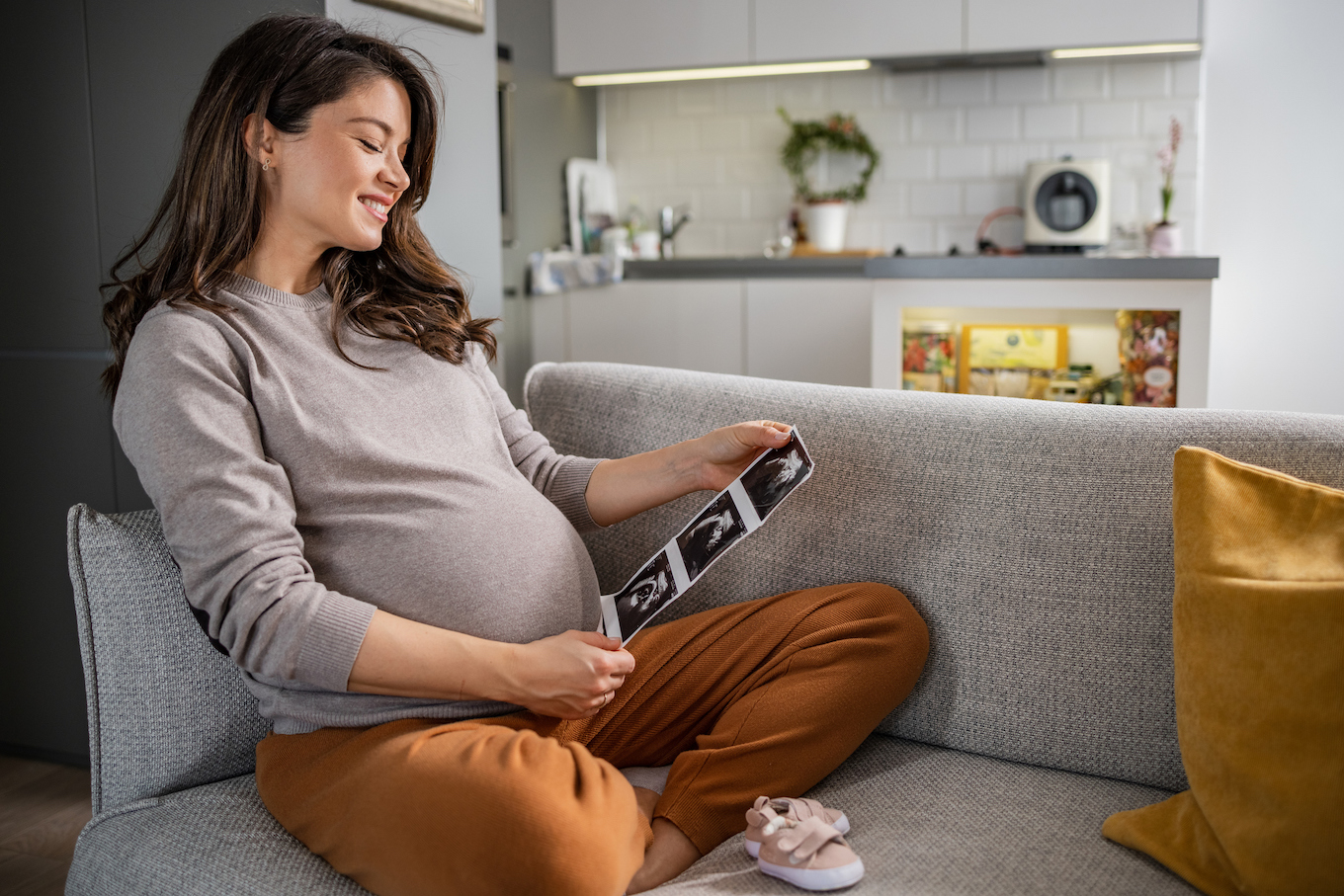
At the end of the day, egg freezing is not a guarantee, but it remains a great option for many people. Often women diagnosed with cancer will freeze their eggs ahead of chemotherapy treatments, per the American Cancer Society. Transgender individuals may also choose to freeze their eggs before undergoing treatment so they can still have families later in life, per NBC News.
Even for those not directly experiencing fertility issues, it does give someone options to focus on a career or wait until they find the right partner. It's important to be fully informed about the process, the cost, the potential problems, and the odds of success — but that doesn't mean it's not worth exploring at all.
Everybody has the right to take their fertility future into their own hands if they wish.

